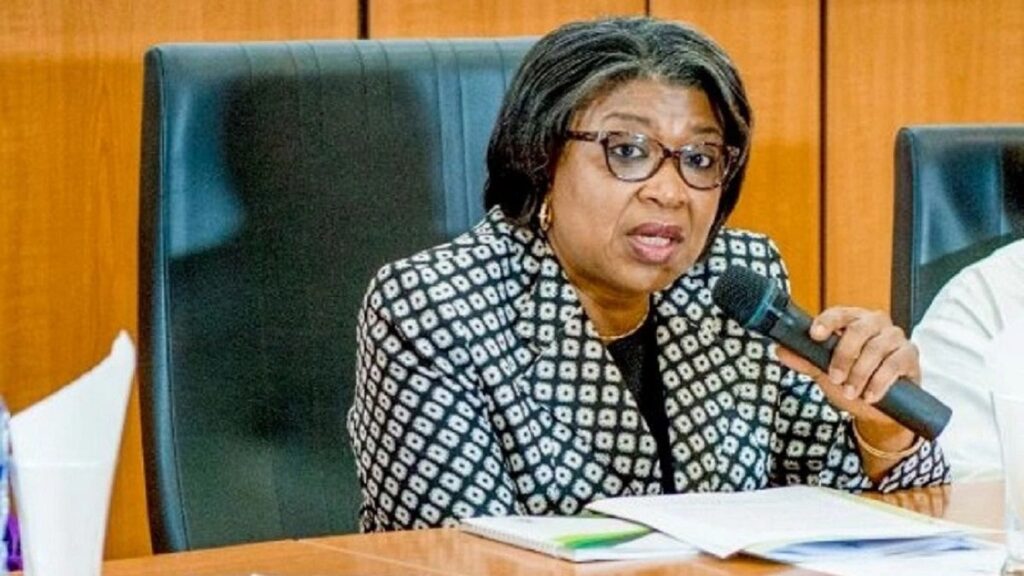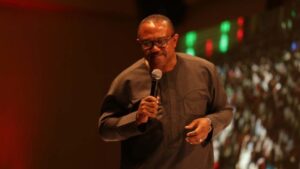The Debt Management Office, DMO, has commended President Bola Tinubu for his economic focus on improved expenditure as a way of reducing public debt levels.
The Director-General of the DMO, Patience Oniha, said this on Friday June 23 in Abuja. Oniha cited the removal of petrol subsidy and the unification of rates in the Foreign Exchange market, as steps capable of boosting revenue and reducing new borrowing.
She called for increased investment in infrastructure as a key to economic growth and development, adding that Public-Private Partnership was a more viable option for infrastructure development.
NAN reports that the DMO recently released the Market Access Country-Debt Sustainability Analysis (MAC-DSA) for 2022. MAC-DSA is a template used to analyse debt levels to determine future debt sustainability. The DMO stated that the analysis of the results of the 2022 MAC-DSA showed that the total Public Debt-to-GDP ratio, was projected to increase to 37.1 per cent, in 2023 relative to 23.4 per cent as of September 2022.
It said that the proposed increment was due to the inclusion of the N8.80 trillion in new borrowings for the year 2023, and the Ways and Means Advances at the Central Bank of Nigeria of over N23 trillion. It also listed an estimated issuance of promissory notes of N2.87 trillion in the debt stock under the baseline scenario.
She said “The Country’s debt stock remains sustainable under these criteria, but the borrowing space has been reduced when compared to the Nigeria’s self-imposed debt limit of 40 per cent set in the Medium-Term Debt Management Strategy 2020-2023.
“On the other hand, the debt service-to-Revenue ratio at 73.5 per cent in 2023, exceeds the recommended threshold of 50 per cent due to low revenue, which means that there is a need to significantly increase Government revenue. Under the alternative scenario, the total public Debt-to-GDP ratio at 45.4 per cent in 2023 exceeds Nigeria’s self-imposed debt limit of 40 per cent” it said.
According to the DMO, it means that the revenue profile cannot support higher levels of borrowing. With respect to the expansion of the fiscal deficit, the DMO said that there was a need to strictly adhere to the provisions of extant Legislation on Government borrowing.
It specifically called for adherence to the Fiscal Responsibility Act 2007 and the Central Bank of Nigeria Act, 2007, as it relates to Ways and Means Advances, in order to moderate the growth rate of public debt. It also emphasised the need to prioritise revenue generation.
With these facts, Government should also encourage the Private sector, to fund infrastructural projects, through the PPP schemes and take out capital projects in the budget that are being funded from borrowing, to reduce the budget deficit and borrowing.










More Stories
IGP orders investigation into killing of 14-yr-old WAEC candidate
Shadow cabinet: Court orders substituted service on Utomi
Man claims infidelity as reason for setting wife, three children ablaze